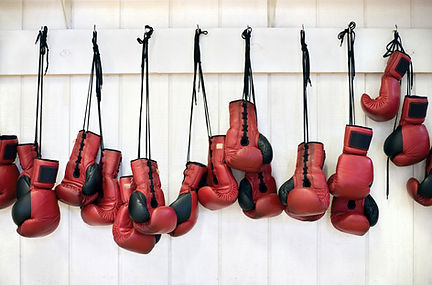The 4 Best Ways to Fight a DUI Case

The best defense in a DUI case depends, of course, on the facts of your individual case. There are a variety of ways to fight a case, but generally here are four main avenues of attack:
"Rising" Blood Alcohol Defense
One way is to attack the science regarding the rate of your blood alcohol absorption. Alcohol doesn't immediately absorb into your blood stream; it takes time. So do DUI investigations during at a traffic stop. Often at least an hour or two has passed by the time you're actually arrested and submit to a breath or blood test, which can leave open the argument that your blood alcohol was still absorbing, or rising, when you were arrested. To prove you guilty of driving under the influence or having a blood alcohol content (BAC) of .08% or more, the DA has to show you were, in fact, under the influence or a .08% or more at the time you were driving. It doesn't matter if you were above .08% AFTER the fact or, in other words, getting drunker after being pulled over. If you can raise a reasonable doubt, through scientific circumstantial evidence, that your blood alcohol was lower than .08% at the time you were driving, you can win at trial.
The "rising" blood alcohol defense is an effective and popular defense. But you may be limited in reasonably making the argument if, for example, you submitted to a preliminary alcohol screening (PAS) test (the breathalyzer on scene before being arrested) and it showed your blood alcohol was higher than the breath or blood test you submitted to after your arrest. For example, if your preliminary test result showed your BAC at .11% and your chemical test post-arrest taken 1.5 hours later was .09%, the DA will surely argue that the alcohol was already absorbed in your system and thus falling, not rising.
Faulty Equipment or Mistakes by Officers to Challenge Accuracy
Another potentially effective way to fight the evidence in a DUI case is to challenge the accuracy of the blood alcohol instruments used. Law enforcement is required to comply with a lengthy set of administrative rules with respect to ensuring accuracy. You are entitled to see the accuracy check logs. If there were any mistakes or signs of inaccuracies in the readings, you can argue those points to raise a reasonable doubt.
"No Driving" Defense
Critical to any driving under the influence case is proof that you were, in fact, driving. If officers came upon a scene where your car was in park, or off, there is often the argument that the DA can't definitively prove you drove. For example, this scenario often occurs when there's a solo vehicle car accident or a person is found drunk and asleep in his or her car. Without a witness to you driving, the proof of your driving is entirely circumstantial. Who knows whether you had someone else in the car before officers arrived on scene? A jury can understand why this mystery person, especially if drunk, may not have wanted to stick around to be interviewed by law enforcement. Of course, if you told the officers that you drove, claiming someone else drove may appear unreasonable, but people cover for their friends and loved ones all the time.
Suppress the Evidence Before Trial
If any aspect of an officer's DUI traffic stop and subsequent investigation potentially violated your Fourth Amendment right to be free from unreasonable searches and seizures by the government, your attorney can file a motion to suppress evidence pursuant to Penal Code section 1538.5. In sum, at motions to suppress, the DA has the burden to show the officers complied with the law when they conducted their investigation. Potential law violations are too numerous to list here, but in general, if you can show the officers violated your Fourth Amendment right, as a remedy the judge may prohibit (or suppress) the prosecution from using critical evidence against you if the case proceeded to trial. Without, for example, the ability to use the blood alcohol test results, the prosecution will not be able to prove the case and, consequently, will dismiss the case before trial.